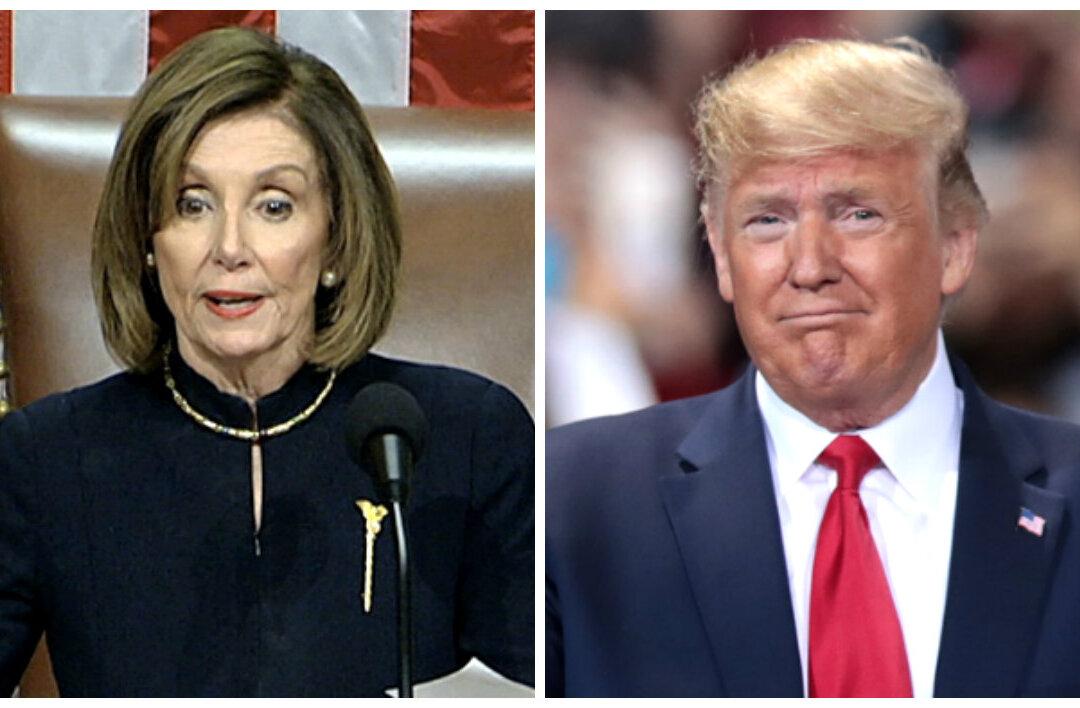President Donald Trump signed a bipartisan water infrastructure bill into law on Oct. 23 that its sponsors described as a step forward for infrastructure, the economy, and public health.
The bill, America’s Water Infrastructure Act of 2018 (AWIA), gives more resources to communities for flooding, to maintain ports and harbors, to expand water storage, and to improve irrigation, wastewater and drinking water systems, among other things.




